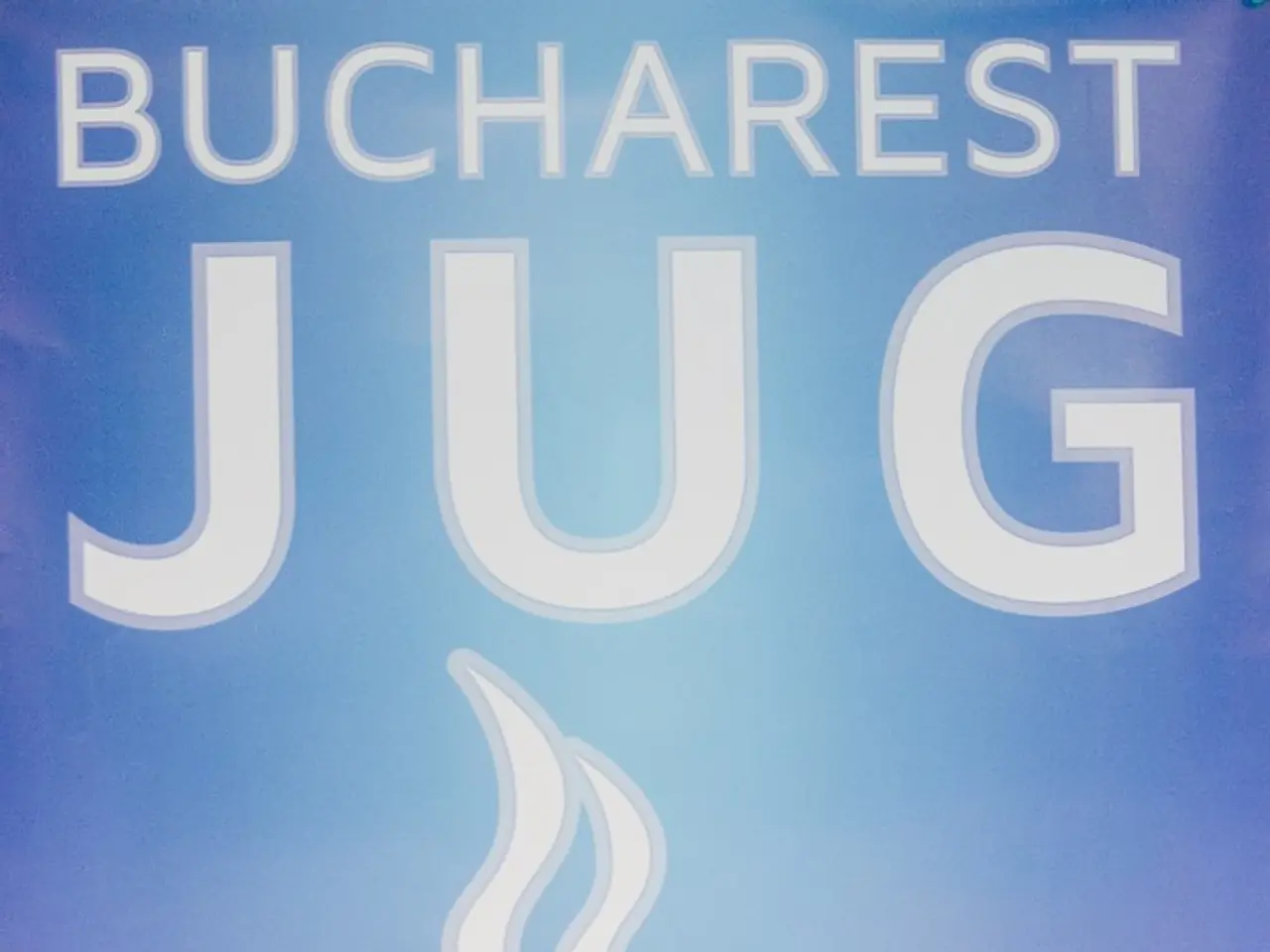Custom Liquid Toll Blending: A Process for Mixing Specified Liquid Chemicals, and Its Targeted Clientele
In the realm of specialized manufacturing services, custom liquid toll blending stands out as a valuable solution for businesses seeking to outsource the production of their proprietary liquid formulas. This service offers a unique opportunity for companies to benefit from professional blending, processing, and packaging without the need for investing in their own blending infrastructure [1][2].
The industries that reap the most benefits from custom liquid toll blending include lubricants and metalworking fluids, agriculture, and food and health sciences. For instance, in the lubricants and metalworking fluids sector, toll blending enables the creation of precision-formulated products tailored to high-performance or specific machinery needs [1][5]. In agriculture, toll blending allows fertilizer brands to scale production quickly and flexibly, ensuring the precise formulation of liquid fertilizers or crop inputs [3]. Companies in the food and health sciences sector use toll blending to improve production efficiency, maintain safety standards, and achieve product consistency in blends, reactions, and packaging of liquid formulations [4].
Custom liquid toll blending is ideal for any industry requiring custom liquid formulations where maintaining proprietary recipes while outsourcing production is beneficial [1][2]. This service supports businesses from concept to final packaged product, offering benefits such as strict quality assurance protocols, batch testing, and traceability systems that ensure the end product meets client specifications consistently [1][2].
For businesses that need precise, high-quality liquid products but want to avoid the burden of in-house production, toll blending is a beneficial solution. It supports both small and large production runs, offering scalability [1][2]. The term "toll" refers to the arrangement where the customer pays a fee for the blending services [1][2].
By using an established toll blender, companies can avoid lengthy facility buildouts and get products to market faster. Many toll blending facilities operate under ISO, EPA, GMP, or other regulatory standards, ensuring compliance and safety [1][2]. Customers usually supply the formula for the product, and the toll blender can either be authorized to procure the raw materials or the client can supply them [1][2].
Toll blending is widely used in the chemical, agricultural, industrial, personal care, and food industries. It is particularly advantageous for startups and small businesses due to minimal overhead, as well as for established manufacturers looking to expand product lines, handle overflow, enter new markets, or shift low-margin production [1][2].
Specialty chemical producers use toll blending to maintain purity, safety, and compliance while outsourcing labor-intensive or hazardous production steps. After blending, the final product can be filled into various types of packaging [1][2]. Many toll blenders have decades of experience in handling complex formulations and provide guidance on emulsification, dispersion, pH balancing, viscosity adjustment, shelf life, and more [1][2].
Industrial and B2B product developers often outsource blending to maintain lean operations while still providing custom, application-specific solutions to clients. Working with a compliant toll blender ensures products meet all legal requirements for regulated industries [1][2].
When evaluating a potential toll blending partner, consider their capacity & equipment, certifications, experience, quality control, transparency, geographic location, and customer support [1][2]. Distributors and private label companies also use custom liquid toll blending to produce products under their own brand [1][2]. Toll blending is commonly used by distributors for private label products in industries like janitorial supplies, auto detailing chemicals, and agricultural solutions [1][2].
In conclusion, custom liquid toll blending offers a versatile and efficient solution for businesses seeking to outsource the production of their proprietary liquid formulas. By leveraging the expertise and resources of a toll blender, companies can focus on their core competencies while ensuring consistency, confidentiality, and quality at scale.
The financial benefits for businesses in various industries, such as manufacturing, science, and agriculture, stem from the ability to outsource production of proprietary liquid formulas without investing in blending infrastructure. This is particularly advantageous for startups and small businesses, as toll blending reduces overhead costs.
In the finance sector, companies can save resources by using toll blending services instead of building their own facilities, allowing them to get products to market faster. Additionally, many toll blending facilities operate under strict regulatory standards, ensuring compliance and safety.




